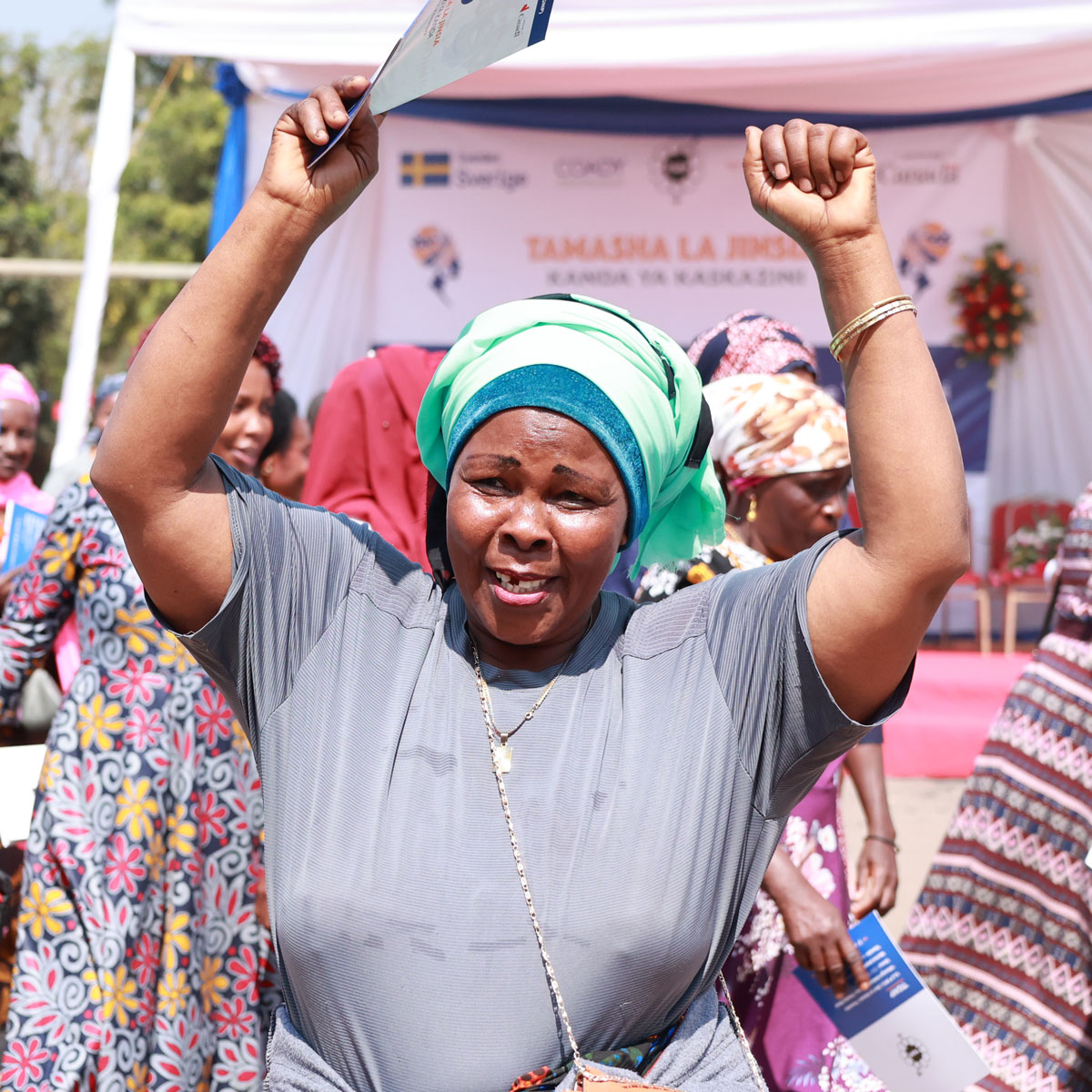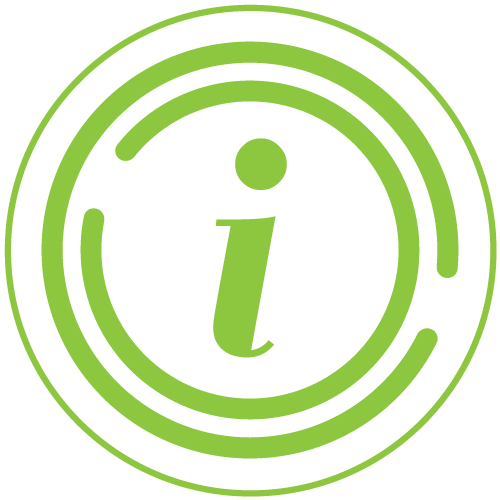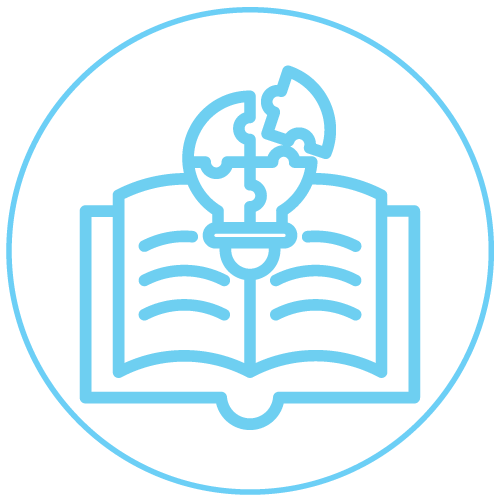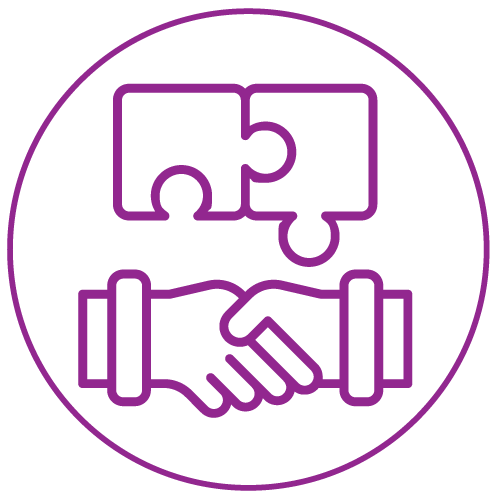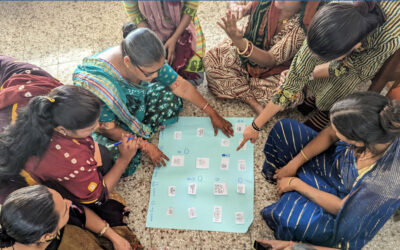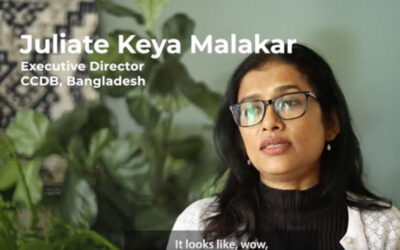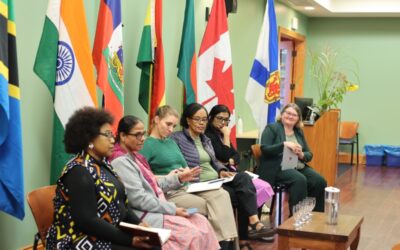Engage! Women’s Empowerment & Active Citizenship
“Engage” works primarily to support the leadership capacity of informal sector women in Bangladesh, Ethiopia, Haiti, India, and Tanzania as they address key issues they are facing through asset-based, feminist approaches. Key areas include:
- the future of work
- participation in community governance
- women’s leadership and feminist approaches
- young women as entrepreneurs and agents of community change
- climate resilience and adaptation
- asset-based approaches to reducing urban and rural poverty through economic development
About the project
Engage is a 6.5 year initiative funded by Global Affairs Canada.
Knowledge & Impact
Visit the knowledge hub for research, stories of change, and project reports.
Partners
Meet our project partners in Bangladesh, Ethiopia, Haiti, India, and Tanzania.
News and Events
Coady, SEWA Release Research Report
A new publication takes a closer look at various forms of gender-based violence. The Self-Employed Women’s Association (SEWA) in India in collaboration with Coady Institute conducted the...
IDW 2025: Partnership in Action with ENGAGE! Women’s Empowerment and Active Citizenship
This International Development Week (February 2–8, 2025), we celebrate how partnerships and community-led action drive meaningful change. The ENGAGE! Women's Empowerment and Active Citizenship...
‘Engage’ Leaders Convene in Antigonish and Ottawa
The Executive Directors from each of the five Engage partner organizations arrived at Coady Institute in early October. We were thrilled to welcome Tsigie Haile of Women in Self Employment (WISE),...

